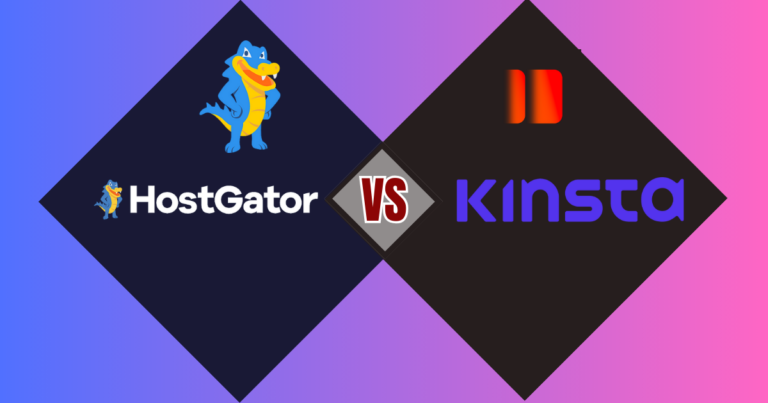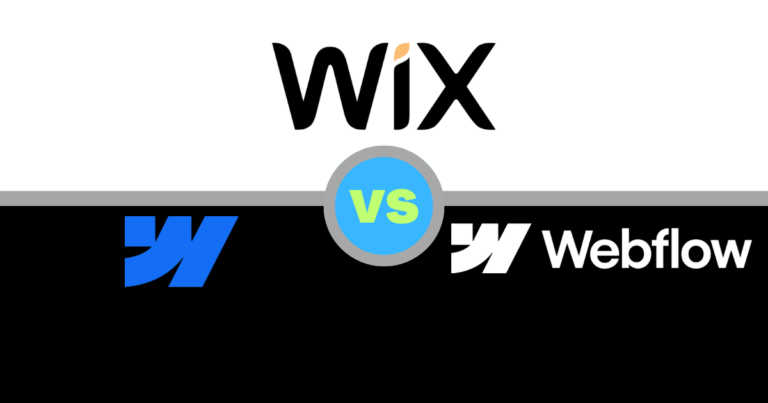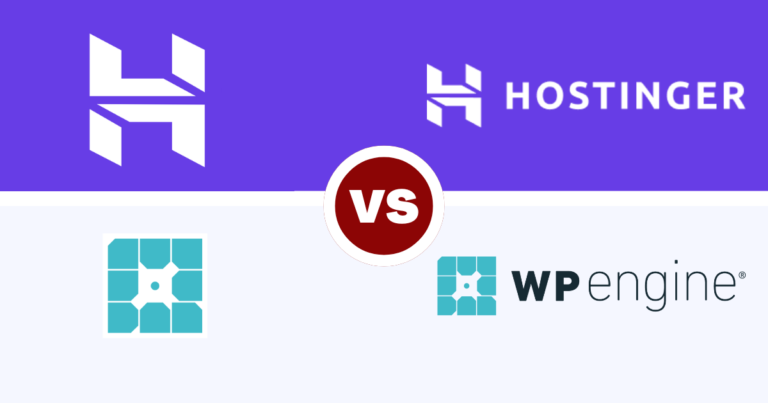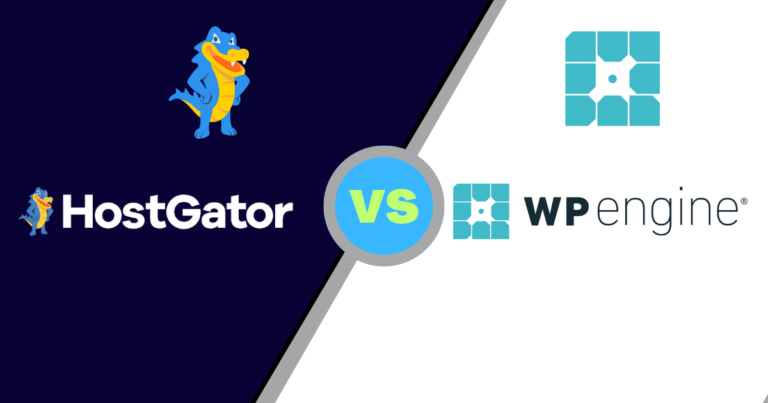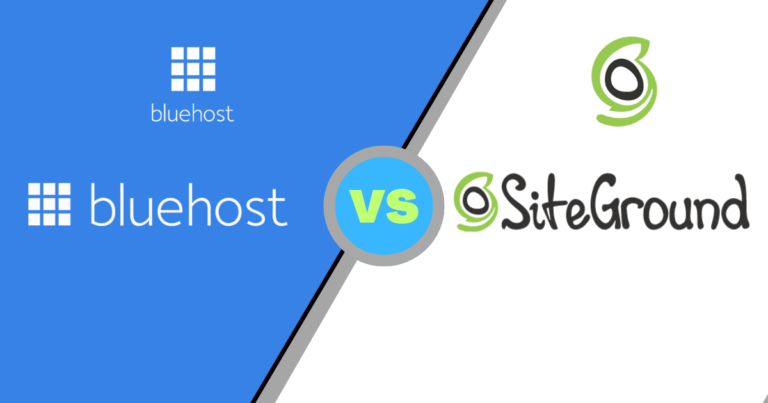Web Hosting Providers Comparison: Key Factors and Evaluation Methodology
Introduction
Your website’s success depends on its performance. A thorough web hosting providers comparison is essential to finding the right service that meets your needs. Choosing the right web hosting provider is crucial. It affects your site’s speed, security, and ability to grow.
Whether you’re starting a blog or managing client sites, your hosting choice is key. With so many options, it’s important to compare them carefully. This way, you can see beyond the marketing and find the best service.
This guide will show you how web hosting providers comparison is done. We’ll cover the important factors to consider. It’s your guide to making smart hosting choices, no matter your needs or technical level.
Remember, no hosting provider is perfect for everyone. The best choice depends on your specific needs and goals. Let’s explore what makes comparing hosting providers valuable and how to find your ideal partner.
Why Comparing Web Hosts Matters
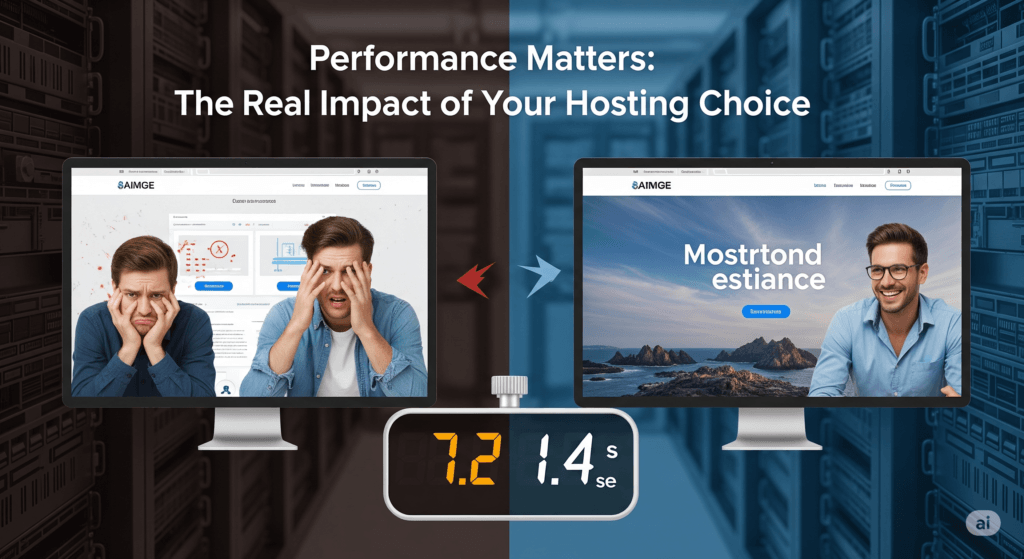
The Real-World Impact of Your Hosting Choice
Your hosting choice affects your website’s success and user experience. Here’s how:
Site Speed and Performance: Fast sites keep users happy. Slow sites can lose you money. Google says every second delay can cost 12% in conversions.
Search Engine Rankings: Google values fast sites. Slow sites can hurt your search rankings, making it harder for people to find you.
Reliability and Uptime: Downtime can hurt your reputation and sales. For e-commerce sites, one hour of downtime can cost $10,000 to $50,000.
Security Vulnerabilities: Cyberattacks target websites of all sizes. Good hosting security is crucial to avoid breaches.
One Size Doesn’t Fit All
There’s no one-size-fits-all hosting solution. Different websites have different needs:
E-commerce websites need strong security, uptime, and can handle traffic spikes.
Content-heavy blogs or media sites need bandwidth, content delivery networks, and image tools.
Web development agencies require tools like staging environments and Git integration.
Small business websites need affordable solutions with easy management and reliable support.
The Value Equation Varies Dramatically
Hosting prices vary a lot. What you get for your money changes between providers:
- Some budget hosts advertise $2.99/month plans that renew at $12.99 after the initial term
- “Unlimited” resources often come with unwritten “fair use” limitations
- Premium features (backups, security scanning, migration assistance) might be included with one provider but cost extra with another
This inconsistency makes direct price comparisons misleading without detailed analysis of what’s actually included in each plan.
Methodology for Comparing Web Hosting Providers

Our Approach to Fair Comparisons
To make fair hosting comparisons, we use a set method. It mixes real data with how easy things are to use:
- Testing on standardized WordPress installations with the same themes and plugins for fair comparisons
- Multiple testing periods at busy and quiet times to see how hosts handle different traffic levels
- Geographic diversity in testing locations to check how hosts perform worldwide, not just locally
- Consideration of both entry-level and mid-tier plans to see value at different price points
Balancing Objective Data with Subjective Experience
We look at both numbers and how things feel:
Objective Factors:
- Server response times (measured in milliseconds)
- Uptime percentages (checked over months, not days)
- Resource allocations (RAM, CPU cores, SSD storage)
- Feature presence/absence (free SSL, backup frequency, etc.)
Subjective Factors:
- How easy the interface is to use
- Quality and ease of finding help
- How fast and helpful customer support is
- How simple it is to do common tasks
Data Sources for Our Comparisons
We use many sources to get the most accurate info:
- Performance Testing Tools: Results from Pingdom, GTmetrix, and WebPageTest in various places
- First-Hand Testing: Our own hands-on experience with setting up accounts, installing WordPress, and using support
- Customer Experience Data: Looking at reviews from Trustpilot, G2, and forums to find real feedback
- Pricing Analysis: A close look at terms, refund policies, and renewal rates
- Industry Interviews: Talking to web developers, agency owners, and site managers about their experiences
Key Comparison Criteria

1. Performance
Site speed is key for user experience and business success. We focus on:
Speed Benchmarks
- Time to First Byte (TTFB): How fast the server answers the first request, aiming for under 200ms.
- Full Page Load Time: The whole loading time, aiming for under 2 seconds for better conversions.
- Performance Under Load: How well the server handles lots of connections at once, like during traffic spikes.
Server Configuration
- Server Type: Shared, VPS, dedicated, or cloud
- Hardware Specifications: CPU, RAM, and I/O performance
- PHP Version and Configuration: Support for the latest versions and optimization settings
Uptime Reality
- Published Guarantees: What providers promise in their SLA (usually 99.9% to 99.99%)
- Actual Performance: Our own monitoring and third-party uptime stats
- Compensation Policies: What customers get when providers don’t meet their promises
Case Study: We tested WordPress installations on 12 hosts. Server response times varied from 125ms to over 750ms. This shows how hosting choice affects performance before themes and plugins are added.
2. Ease of Use
Managing a website’s technical complexity varies between hosts. It affects your daily work:
Control Panel Experience
- Industry-Standard vs. Proprietary: Whether the host uses familiar tools like cPanel/WHM or custom dashboards
- Interface Design: How easy it is to navigate and find common functions
- Automation Tools: Availability of one-click installers and update systems
Common Tasks Assessment
We check how easy it is to do routine tasks:
- Installing SSL certificates
- Setting up email accounts
- Managing databases
- Creating subdomains and redirects
Learning Curve
- Documentation Quality: How clear and detailed the knowledge base is
- Video Tutorials: Availability of visual learning resources
- Guided Setup: Whether the provider offers wizards or onboarding processes
3. Customer Support
Even the best hosting needs support sometimes. The quality and availability of help can greatly affect your experience:
Support Channels
- Live Support Options: Availability of 24/7 live chat, phone support, and ticket systems
- Average Response Times: How long users wait for initial responses
- Escalation Processes: How complex issues are handled
Support Quality Factors
- Technical Expertise: Whether support staff can solve complex problems
- Communication Clarity: Ability to explain technical concepts simply
- Follow-Through: Persistence in resolving issues
Self-Help Resources
- Knowledge Base Depth: How detailed the documentation is
- Community Forums: Activity levels and staff participation
- Educational Content: Availability of webinars and tutorials
4. Pricing & Plans
Understanding hosting costs means looking beyond the initial price. It’s about the total value you get:
Transparent Cost Analysis
- Promotional vs. Regular Pricing: The difference between introductory rates and renewal costs
- Contract Length Requirements: Minimum commitment periods and their impact on pricing
- Hidden Fees: Setup costs, migration fees, and other potential charges
| Pricing Factor | What to Watch For |
| Introductory Rate | The eye-catching price advertised prominently |
| Renewal Rate | The actual cost after initial period (often 2-3x higher) |
| Contract Length | Minimum commitment to receive advertised pricing |
| Refund Policy | Time period and any non-refundable components |
| Additional Fees | Domain registration, SSL certificates, backups, etc. |
Inclusions and Add-ons
- Essential Features: Whether SSL certificates, email hosting, and backups are included or extra
- Resource Allocation: Storage limits, bandwidth restrictions, and overage charges
- Premium Services: CDN integration, security scanning, performance optimization tools
Long-term Value Assessment
- Total Cost of Ownership: Combined expenses over a typical 3-year hosting period
- Upgrade Pricing: How costs scale when moving to higher-tier plans
- Discount Sustainability: Whether promotional pricing can be maintained through renewal negotiations
5. Scalability & Resources
As your website or online business grows, your hosting needs will evolve. We evaluate providers on their ability to accommodate expansion:
Resource Flexibility
- Upgrade Pathways: Smoothness of transitions between plan tiers
- On-demand Resources: Ability to temporarily scale during traffic spikes
- Growth Limitations: Points where you’ll need to change hosting types entirely
Technical Ceiling
- Maximum Capacity: Upper limits of the hosting infrastructure
- Concurrent User Handling: Performance with hundreds or thousands of simultaneous visitors
- Database Efficiency: How the host handles large and complex database operations
Business Growth Support
- Multi-site Management: Tools for handling multiple websites under one account
- Team Collaboration: User roles and access controls for growing organizations
- Enterprise Features: Availability of advanced tools as needs become more sophisticated
6. Security Features
Website security requires both proper configuration and proactive monitoring. Host-provided security features can significantly reduce vulnerability risks:
Core Security Provisions
- SSL Certificate Management: Free inclusion, auto-renewal, and proper implementation
- Firewall Protection: Network and application-level threat prevention
- Malware Scanning: Regular automated checks for compromised files
Data Protection
- Backup Systems: How often backups happen, how long they’re kept, and how easy it is to restore them
- Disaster Recovery: Plans for big system failures or security problems
- Physical Security: How secure the data center is and if it meets standards
Proactive Measures
- Update Management: Automatic updates for software and security
- DDoS Protection: Systems to stop attacks that try to overwhelm the site
- Account Security: Extra steps to make logging in safer
7. Special Features
Some hosts offer special features that make them stand out for certain needs:
Developer Tools
- Staging Environments: Tools to make copies of live sites for development
- Version Control: Integration with Git for managing code changes
- Command Line Access: The ability to use SSH for certain tasks
Performance Enhancements
- Caching Solutions: Ways to speed up server performance
- CDN Integration: Easy setup of content delivery networks
- Image Optimization: Automatic making of images smaller and using new formats
CMS-Specific Optimizations
- WordPress-Specific Features: Special plugins, caching, and security for WordPress
- WooCommerce Support: Improvements for online stores
- Other CMS Specialization: Support for other content management systems
8. Reputation & Reviews
Looking at a host’s past can tell you a lot about their reliability and how happy customers are:
Credible Review Sources
- Verified Customer Feedback: What real users say in reviews
- Industry Recognition: Awards and expert opinions
- Performance in Comparative Analysis: How hosts rank in comparisons
Company Stability
- Market Longevity: How long the company has been around and how it has changed
- Ownership Structure: If it’s independent or part of a bigger group
- Transparency Practices: How open the company is about problems
Notable Clients and Case Studies
- High-Profile Websites: Famous sites that use the host
- Success Stories: Examples of sites doing well with the host
- Performance Under Pressure: How the host handles big traffic and events
9. Green Hosting & Sustainability (Optional)
More people care about the environment, so hosts that are green are attractive:
Energy Sourcing
- Renewable Energy Usage: How much green energy the host uses
- Carbon Offset Programs: Efforts to balance out carbon emissions
- Energy Efficiency: How efficient the data center is
Environmental Certifications
- Recognized Standards: If the host meets environmental standards
- Third-Party Verification: Independent checks on environmental claims
- Sustainability Reporting: How transparent the host is about its environmental impact
Who Should Choose What? (Matching Needs with Providers)
Different websites need different things from their hosts. Here’s what matters most for each type:
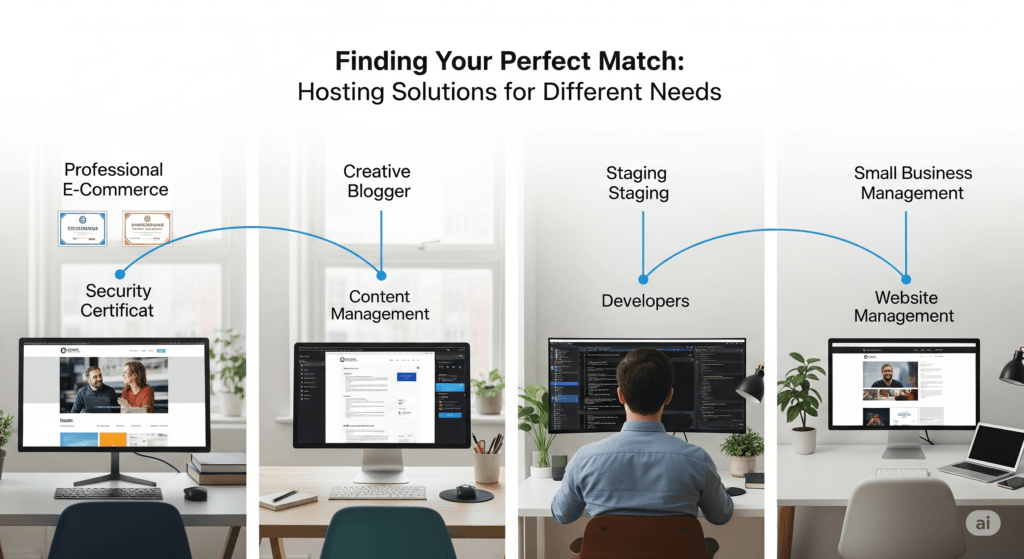
For Small Business Owners
Priority Factors:
- Reliability and uptime
- User-friendly management interfaces
- Responsive customer support
- All-inclusive pricing
Secondary Considerations:
- Basic security features
- Simple scalability options
Small business sites need hosts that are easy to manage. Look for hosts with good support and simple pricing. They should also have basic security and easy ways to grow.
For Bloggers and Content Creators
Priority Factors:
- Page loading speed
- Media handling capabilities
- WordPress optimization (if applicable)
- Cost-effectiveness
Secondary Considerations:
- CDN integration
- Social media tools
- Audience analytics
Blogs need fast hosts for media. If your site gets a lot of visitors, choose hosts that can handle it. WordPress users should look for hosts that are optimized for WordPress.
For E-commerce Businesses
Priority Factors:
- Security features and PCI compliance
- Uptime guarantees with compensation
- Performance under load
- Backup frequency and reliability
Secondary Considerations:
- SSL certificate management
- IP blocking capabilities
- Cart abandonment prevention tools
E-commerce sites need top security and uptime. Any downtime can hurt sales and trust. Choose hosts with e-commerce features and platform-specific optimizations.
For Web Developers and Agencies
Priority Factors:
- Advanced developer tools
- Staging environments
- Client site management features
- White-label options
Secondary Considerations:
- API access
- Custom server configurations
- Resource isolation between sites
Web developers need hosts that make work easier. Look for hosts with tools for staging, managing sites, and customizing servers. They should also offer features for agencies like client transfer tools and white-label options.
For High-Traffic Websites
Priority Factors:
- Scalability and resource allocation
- Server response time consistency
- Global content delivery options
- Advanced caching capabilities
Secondary Considerations:
- Load balancing
- Database optimization
- Real-time monitoring tools
High-traffic sites need scalable hosts. Look for cloud-based solutions with flexible resources and global networks. They should handle spikes well to avoid downtime.
Full List of Hosting Comparison Articles
Our detailed comparisons use the guide’s method and criteria. They help you choose the right provider:
Popular Comparisons:
Hostinger Comparisons:
- Hostinger vs GoDaddy: Budget Hosting Face-Off
- Hostinger vs DreamHost: Which Offers Better Value?
- Hostinger vs Cloudways: Simplicity vs Flexibility
- Hostinger vs Kinsta: Affordable vs Premium WordPress Hosting
- Hostinger vs WP Engine: Entry-Level vs Enterprise WordPress Solutions
- Hostinger vs SiteGround: Performance-to-Price Ratio Analysis
- Hostinger vs HostGator: Budget Providers Head-to-Head
GoDaddy Comparisons:
- 8. GoDaddy vs DreamHost: All-in-One vs Specialized Hosting
- 9. GoDaddy vs Cloudways: Conventional vs Cloud Platform Hosting
- 10. GoDaddy vs Kinsta: Mass Market vs Premium Managed WordPress
- 11. GoDaddy vs WP Engine: General-Purpose vs WordPress-Specific Hosting
- 12. GoDaddy vs SiteGround: Feature Set and Performance Evaluation
- 13. GoDaddy vs HostGator: Major Market Players Compared
Bluehost Comparison:
- 14. Bluehost vs Kinsta: Shared Hosting vs Premium Managed WordPress
- 15. Bluehost vs WP Engine: Entry-Level vs Enterprise WordPress Solutions
- 16. Bluehost vs SiteGround: Speed, Support, and Scalability Compared
- 17. Bluehost vs HostGator: Affordable Hosting Options Face Off
- 18. Bluehost vs Cloudways: Traditional cPanel vs Modern Cloud Hosting
DreamHost Comparisons:
- 19. DreamHost vs Cloudways: Traditional Hosting vs Cloud Platform
- 20. DreamHost vs Kinsta: Price-to-Performance for WordPress Sites
- 21. DreamHost vs WP Engine: Mid-Range vs Premium WordPress Solutions
- 22. DreamHost vs SiteGround: Customer Service and Feature Comparison
- 23. DreamHost vs HostGator: Long-Term Value Assessment
Cloudways Comparisons:
- 24. Cloudways vs Kinsta: Cloud Platform Flexibility Compared
- 25. Cloudways vs WP Engine: Developer Tools and Workflow Analysis
- 26. Cloudways vs SiteGround: Cloud vs Traditional Infrastructure
- 27. Cloudways vs HostGator: Modern vs Conventional Hosting Approach
Kinsta and WP Engine Comparisons:
- 28. Kinsta vs WP Engine: Premium WordPress Hosting Showdown
- 29. Kinsta vs SiteGround: Premium vs Mid-Range WordPress Solutions
- 30. Kinsta vs HostGator: Hihttps://domaffiliate.com/hostinger-vs-hostgator-2gh-End vs Budget WordPress Hosting
- 31. WP Engine vs SiteGround: Enterprise Features vs Value Proposition
- 32. WP Engine vs HostGator: Managed WordPress Elite vs Affordable Hosting
Other Key Comparisons:
- 33. SiteGround vs HostGator: Performance and Support Compared
Note: Our comparison library keeps growing. If you can’t find what you’re looking for, check back later or ask in the comments.
Conclusion
Choosing the right web hosting is complex. It involves technical needs, business goals, and budget. This guide helps you make informed choices based on your priorities.
There’s no single “perfect” host. Look for the one that best fits your needs. A blogger might need different things than an e-commerce site or a web development agency.
When you look at our hosting comparisons, think about what’s best for you. Your hosting choice affects site performance, security, and your daily work. It also impacts your site’s future growth.
Have you had good or bad hosting experiences? Do you want to see more comparisons? Share your thoughts in the comments. Your feedback helps us make better resources for everyone.
Sources
- Website Builder Expert: “Best Web Hosting Services of 2024” – https://www.websitebuilderexpert.com/web-hosting/best/
- TechRadar: “Best Web Hosting Services” – https://www.techradar.com/web-hosting/best-web-hosting
- PCMag: “The Best Web Hosting Services for 2024” – https://www.pcmag.com/picks/the-best-web-hosting-services
- Digital.com: “Best Web Hosting Companies of 2024” – https://digital.com/best-web-hosting/
- Hosting Facts: “Web Hosting Statistics for 2024” – https://hostingfacts.com/hosting-statistics/
- WPBeginner: “How to Choose the Best WordPress Hosting” – https://www.wpbeginner.com/wordpress-hosting/
- Google Web.dev: “Web Vitals” – https://web.dev/vitals/
- ThemeIsle: “WordPress Hosting Comparison” – https://themeisle.com/blog/wordpress-hosting-comparison/
- Neil Patel: “How Loading Time Affects Your Bottom Line” – https://neilpatel.com/blog/loading-time/
- Review Signal: “Web Hosting Benchmarks” – https://reviewsignal.com/blog/hosting-benchmarks/
- LoadStorm: “Website Performance Under Load Testing” – https://loadstorm.com/website-performance-testing/
- Pingdom: “Website Performance Monitoring” – https://www.pingdom.com/product/performance-monitoring/
- GTmetrix: “Website Performance Testing Tools” – https://gtmetrix.com/
- HostingAdvice: “How to Choose a Web Host” – https://www.hostingadvice.com/how-to/choose-web-host/
- WordPress.org: “Hosting Recommendations” – https://wordpress.org/hosting/


